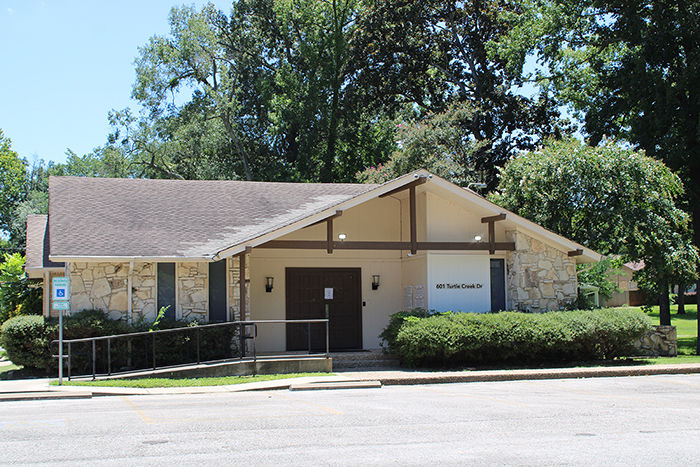Legislature should reform margins tax
Published 7:10 pm Saturday, November 29, 2014
As Texas lawmakers ready for the upcoming legislative session, they should be mindful of some of those down-ballot propositions in the March 4 Republican primary election. The voters spoke, and they were very clear.
Prop. 3 asked voters if they would like to “Abolish the state franchise tax to encourage business growth.”
Trending
An amazing 90 percent of GOP primary voters said they would.
The franchise tax was adopted in 2006 in an effort to cut property taxes — the hope was to give some relief to homeowners.
But few homeowners actually saw the full one-third property tax cut they were promised, and the franchise tax proved to be every bit as disappointing.
“The margin tax taxes a firm’s taxable margin at either 0.5 percent for wholesalers and retailers or 1 percent for all firms,” explains Vance Ginn of the Texas Public Policy Foundation. “Complying with this complex tax wastes time and resources because the taxable margin is based on calculating different formulas to determine a firm’s tax liability. These higher costs force firms to cut costs or pass them on to consumers in the form of higher prices, leaving firms and consumers worse off. Because of this complexity, the margin tax’s revenue has been lower each year than originally projected, providing more reason to reform or eliminate it.”
The franchise tax crack-up has been coming for some time. In 2008, state Sen. Kevin Eltife, R-Tyler, noted that he opposed it from the start.
“The plan was to give homeowners much-needed property tax relief,” he said. “It was touted as being a (property) tax cut of one-third. But I don’t know anyone who has seen the relief that was promised. … I think we’re heading back to where we started. I think peoples’ bills will be just as high before, but with an additional business tax. We haven’t truly shifted the burden.”
Trending
Time has proven Eltife correct. But what can be done now? Ginn of the TPPF notes that the Legislature has already made some important progress in reforming the tax.
“Fortunately, legislators made permanent the $1 million deduction for businesses and temporarily lowered the tax rates last session,” he explains. “After these changes, the American Legislative Exchange Council (ALEC) ranks Texas as having the 12th best economic outlook. This means there is more work to do.”
Of course, abolishing the tax altogether would mean lawmakers would have to find the money elsewhere. That’s not an easy task — but it’s not impossible. It would merely take political courage.
“The margin tax is an inefficient form of taxation that presents both a financial and compliance burden on small businesses and the Texas economy,” Ginn says. “To further get the government off the backs of business and provide pro-growth measures, legislators should take this overwhelming voter approval and eliminate the margin tax next session.”
State Sen. Craig Estes, of Wichita Falls, has filed a bill to repeal the tax; state Sen. Charles Schwertner, of Georgetown, has filed a bill to change the deduction from $1 million to $5 million.
Either would be an improvement. The franchise tax must be fixed.







